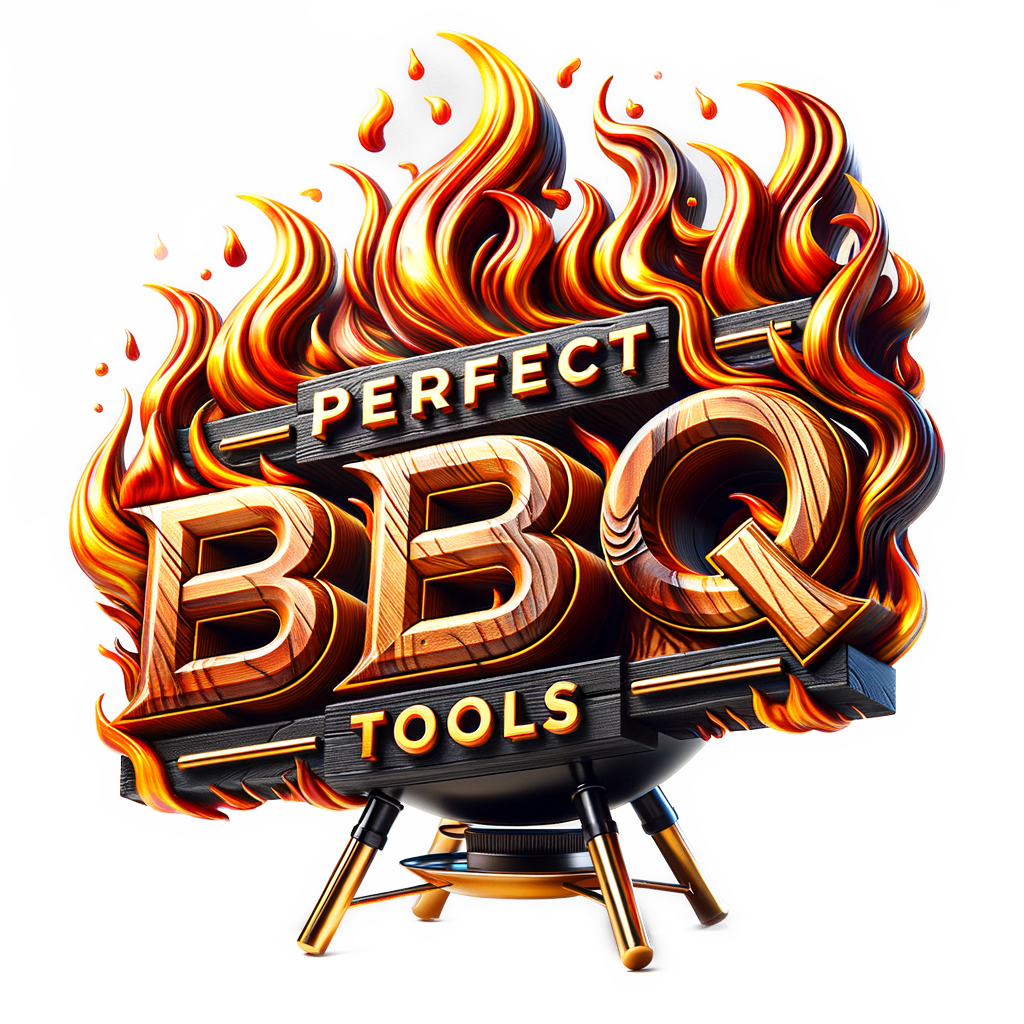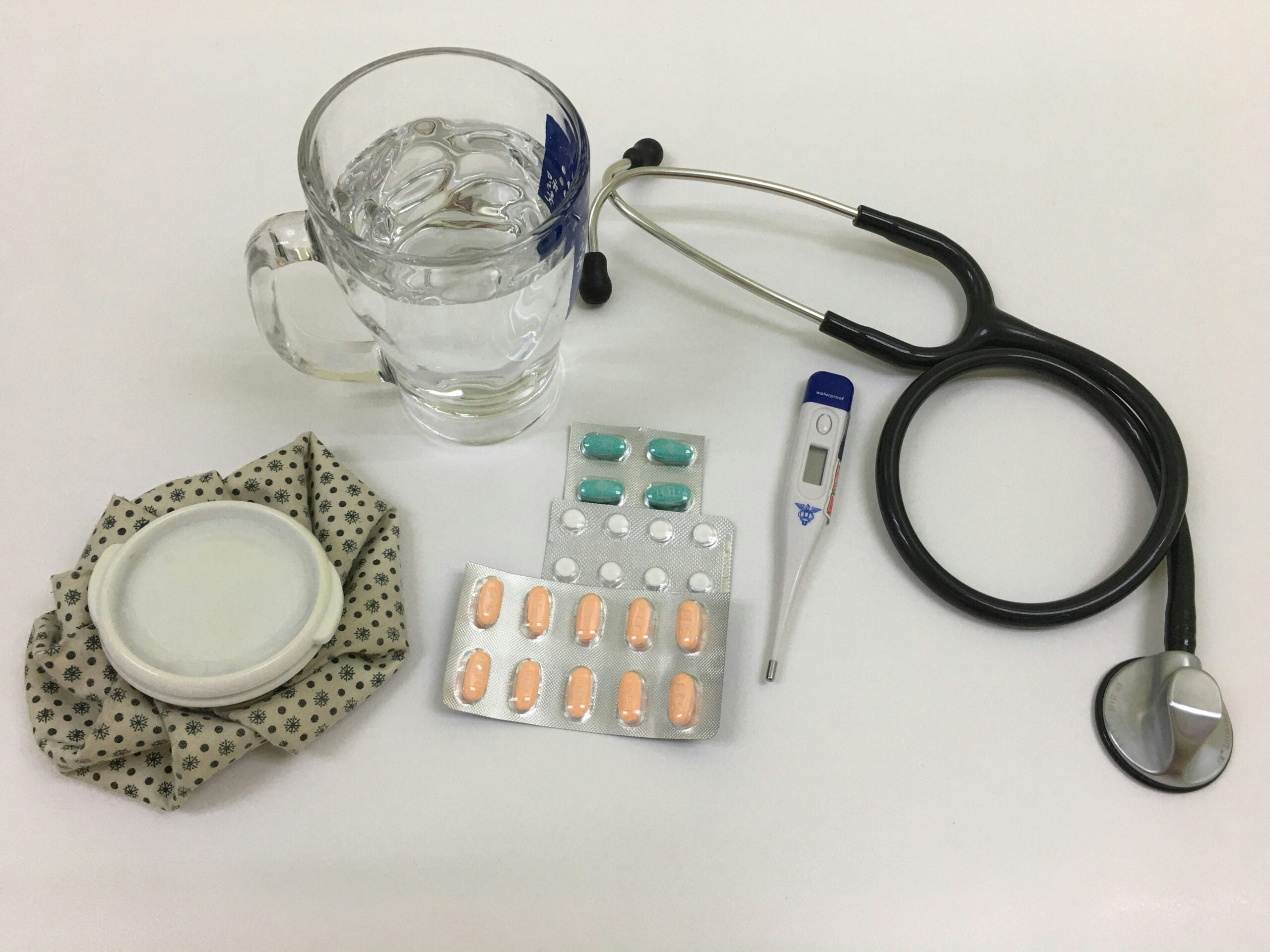Ever wondered if using a meat thermometer is necessary when grilling your favorite cuts of meat? The answer is a resounding yes. Ensuring that your meat is cooked to perfection, avoiding any risks of undercooked or overcooked dishes, a meat thermometer becomes an indispensable tool for any grill master. By accurately measuring the internal temperature of your meat, you can achieve that perfect medium-rare steak or juicy, tender chicken every time. So, put an end to your uncertainties and equip yourself with a meat thermometer to elevate your grilling game to new heights.
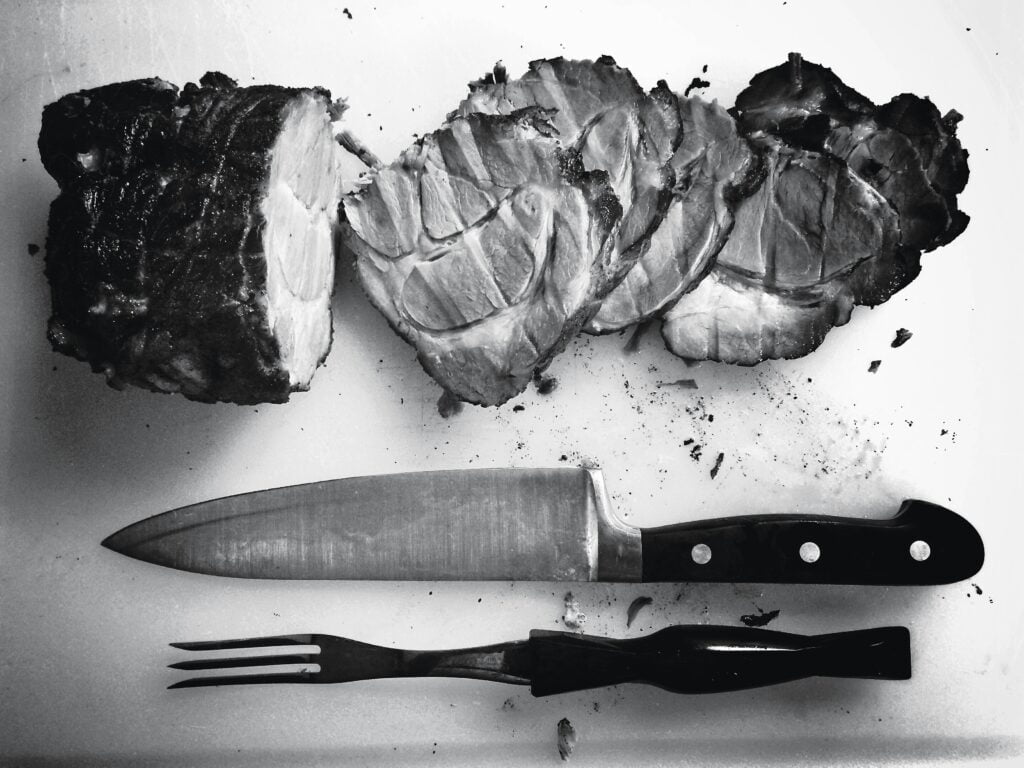
Understanding the Purpose of a Meat Thermometer
Grilling can be an enjoyable and delicious way to cook your favorite meats, but achieving the perfect level of doneness can sometimes be a challenge. This is where a meat thermometer comes in handy. A meat thermometer is a kitchen tool that helps measure the internal temperature of meat, ensuring that it is cooked to a safe and desired level.
Defining a meat thermometer
A meat thermometer is a device specifically designed to measure the internal temperature of meat accurately. It consists of a probe that is inserted into the meat and a display or dial that shows the temperature reading. Some thermometers also come with alarms or timers to alert you when the desired temperature is reached.
Explaining how a meat thermometer works
The functioning of a meat thermometer is quite simple. When the probe is inserted into the meat, it measures the internal temperature using a metal sensor at the tip. This sensor then sends the temperature reading to the display unit, either digitally or analogically, allowing you to easily monitor the progress of your cooking.
Identifying types of meat thermometers
There are different types of meat thermometers available on the market, each with its own set of advantages. The three most common types are probe thermometers, instant-read thermometers, and infrared thermometers.
Probe thermometers are ideal for grilling as they can be inserted into the meat and left in place throughout the cooking process. This allows you to monitor the temperature continuously without having to open the grill or oven.
Instant-read thermometers, as the name suggests, provide a quick and accurate temperature reading in a matter of seconds. They are perfect for checking the doneness of meat after it has been grilled.
Infrared thermometers measure the surface temperature of the meat without needing direct contact. While they are not as accurate as probe or instant-read thermometers when it comes to internal temperature, they can be useful for checking the surface temperature of grilled meats.
Benefits of Using a Meat Thermometer
Using a meat thermometer offers several benefits that can greatly improve your grilling experience and the overall quality of your cooked meats.
Guaranteeing food safety
One of the primary benefits of using a meat thermometer is ensuring that the meat is cooked to a safe internal temperature, eliminating the risk of foodborne illnesses. Different types of meat have different recommended internal temperatures for safe consumption, and a meat thermometer takes the guesswork out of achieving these temperatures accurately.
Achieving desired doneness
Grilling is all about achieving the perfect level of doneness for your meats. Whether you prefer a juicy medium-rare steak or a well-done burger, a meat thermometer allows you to cook to your preference every time. By monitoring the internal temperature, you can achieve consistent results and avoid undercooking or overcooking your meats.
Preventing overcooking or undercooking
With a meat thermometer, you no longer have to rely on visual cues or guesswork to determine if your meat is cooked to perfection. It takes the guesswork out of grilling and ensures that your meats are cooked just right. No more dry and overcooked chicken breasts or rare and raw pork chops – with a meat thermometer, you can say goodbye to those.
Improving grilling skills
Using a meat thermometer not only helps you achieve perfectly cooked meats but also helps you become a better griller over time. By regularly monitoring the temperature and noting the results, you can learn the ideal internal temperatures for various meats and learn to adjust your grilling techniques accordingly. This allows you to consistently produce delicious and perfectly cooked meats that will impress your friends and family.
Determining If You Need a Meat Thermometer
While a meat thermometer offers numerous benefits, it may not be necessary for every grilling enthusiast. Here are a few factors to consider when determining if you need a meat thermometer.
Assessing your grilling experience
If you are a beginner griller or have limited experience with grilling, a meat thermometer can be a valuable tool to ensure that your meats are cooked safely and to your desired level of doneness. It provides reassurance and eliminates the risk of undercooking or overcooking your meats.
Considering your usual grilling recipes
If you frequently grill different types of meats, especially ones with varying recommended internal temperatures, a meat thermometer can be extremely useful. It allows you to have precise control over the doneness of each meat, resulting in consistently delicious results.
Evaluating your comfort with gauging meat doneness visually
Some experienced grillers may be comfortable relying on visual cues and touch to gauge the doneness of their meats. However, it is important to note that relying solely on these methods can be subjective and may lead to inconsistency in results. A meat thermometer provides an objective measurement and takes the guesswork out of determining if the meat is cooked to the desired level.
Choosing the Right Meat Thermometer for Grilling
With different types of meat thermometers available, choosing the right one for your grilling needs can be overwhelming. Here’s a breakdown of the three main types to help you make an informed decision.
Discussing probe thermometers
Probe thermometers are a popular choice among grillers due to their versatility and accuracy. They consist of a metal probe attached to a digital or analog display unit. The probe is inserted into the meat, and the display unit can be kept outside of the grill or oven, allowing you to monitor the temperature without opening the cooking chamber. Some probe thermometers even come with wireless capabilities, allowing you to monitor the temperature remotely.
Exploring instant-read thermometers
Instant-read thermometers are a great choice when you need a quick and accurate temperature reading. They provide results within seconds and are perfect for spot-checking the doneness of grilled meats. Instant-read thermometers usually have a metal probe and a digital display. You simply insert the probe into the meat, wait a few seconds, and check the display for an accurate reading.
Understanding infrared thermometers
Infrared thermometers are unique in that they measure the surface temperature of the meat without making direct contact. They use infrared technology to detect the heat emitted by the meat. While they are not as accurate as probe or instant-read thermometers when it comes to measuring internal temperatures, they can be useful for getting a quick reading of the surface temperature. Infrared thermometers are commonly used in professional kitchens and grilling competitions.
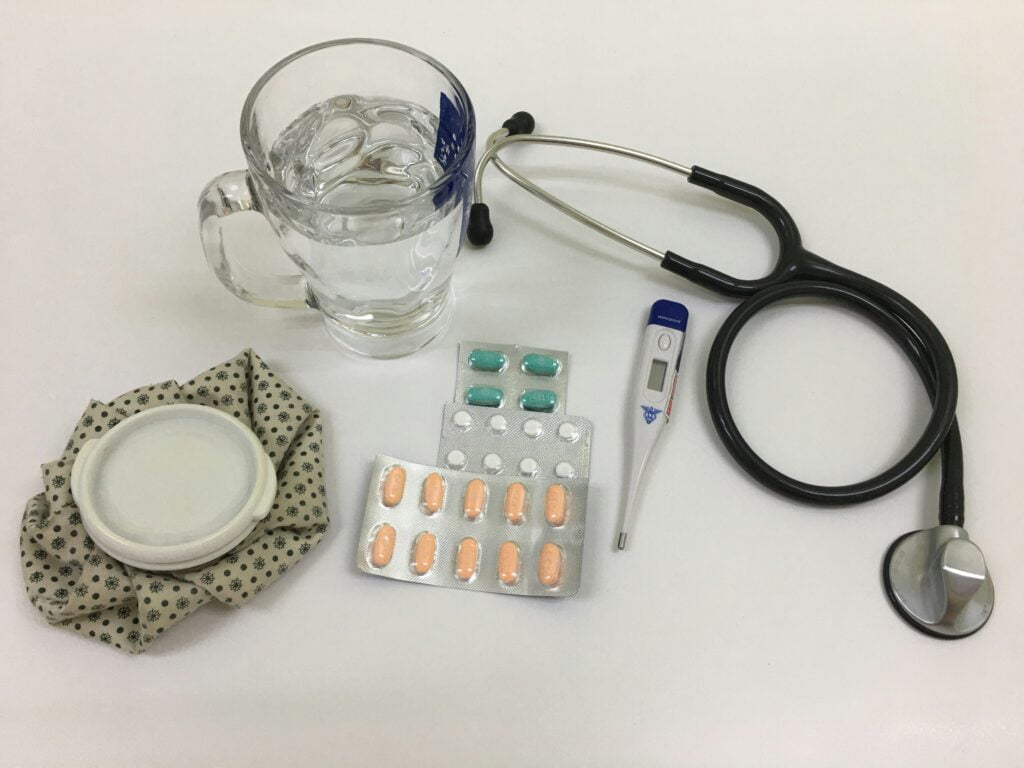
How to Use a Meat Thermometer Correctly
Using a meat thermometer correctly ensures accurate results and helps you achieve perfectly cooked meats every time. Here are the steps to follow:
Finding the right insertion point
When using a probe thermometer, it is essential to find the correct insertion point. For large cuts of meat, such as roasts or whole chickens, insert the probe into the thickest part of the meat, away from bones or fat. For thinner cuts, such as steaks or burgers, insert the probe horizontally from the side.
Waiting for the correct reading
To ensure an accurate reading, it is important to allow the meat thermometer to stabilize and settle on a temperature. This may take a few seconds or minutes, depending on the type of thermometer used. Be patient and avoid removing the probe prematurely, as it can give you an inaccurate reading.
Interpreting the results appropriately
Once you have obtained the temperature reading, compare it to the recommended internal temperature for the specific type of meat you are grilling. This can usually be found in cooking guides or online resources. If the temperature is below the recommended level, continue cooking; if it is at or above the recommended level, the meat is done and safe to eat.
Care and Maintenance of Your Meat Thermometer
To ensure the longevity and accuracy of your meat thermometer, proper care and maintenance are essential. Here are some tips to keep your thermometer in optimal condition:
Cleaning your meat thermometer
After each use, it is important to clean your meat thermometer thoroughly. If using a probe thermometer, remove the probe from the display unit and wash it with warm, soapy water. Avoid immersing the display unit in water; instead, wipe it clean with a damp cloth. Ensure that the thermometer is completely dry before storing it.
Calibrating your thermometer to ensure accuracy
To ensure the accuracy of your meat thermometer, it is recommended to calibrate it regularly. This involves checking the thermometer against a known accurate temperature, such as boiling water or an ice-water bath. If your thermometer is not reading the correct temperature, you can adjust it accordingly following the manufacturer’s instructions.
Proper storage practices
When not in use, it is important to store your meat thermometer properly. Most thermometers come with protective cases or sleeves that can help prevent damage to the probe. Store the thermometer in a cool, dry place away from direct sunlight and extreme temperatures to maintain its accuracy and functionality.
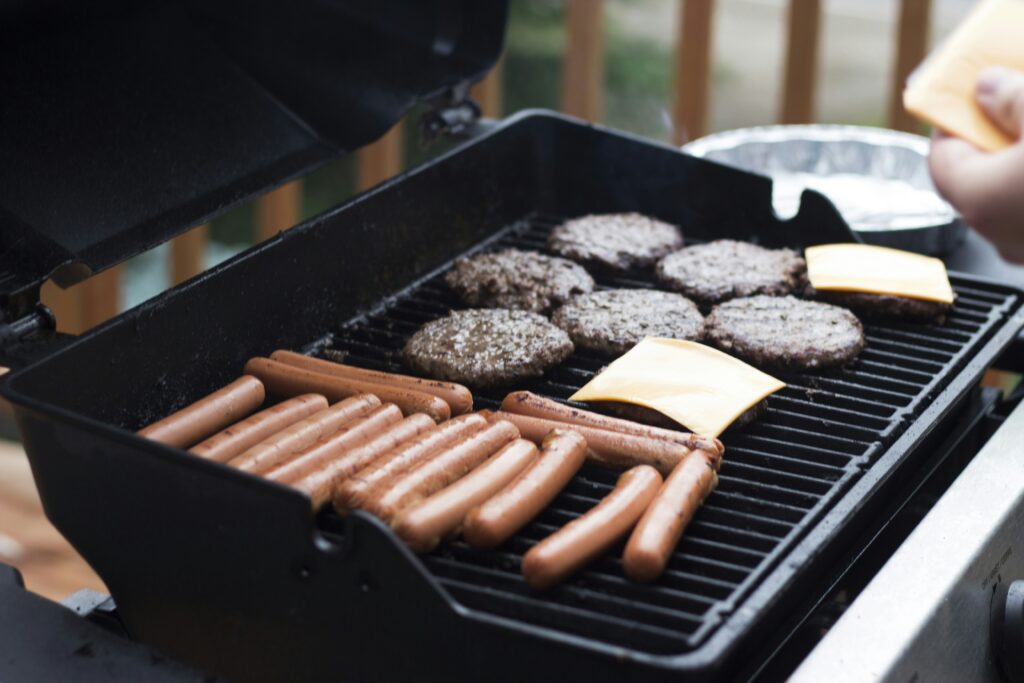
Common Mistakes When Using a Meat Thermometer
While a meat thermometer can greatly enhance your grilling experience, there are some common mistakes to avoid to ensure accurate results.
Inserting the thermometer inaccurately
One of the most common mistakes when using a meat thermometer is inserting it inaccurately into the meat. Ensure that the probe is inserted into the thickest part of the meat, away from bones or fat. If the probe touches a bone or fat, it can give you a false reading and lead to incorrect doneness.
Misreading the thermometer
Another mistake is misreading the thermometer. Take the time to familiarize yourself with the display unit and ensure that you are interpreting the reading correctly. Some thermometers may have both Celsius and Fahrenheit readings, so double-check to ensure you are using the correct scale.
Failing to calibrate
Calibrating your meat thermometer is crucial to ensure accurate readings. Failing to calibrate regularly can lead to inaccurate temperature measurements and compromise the safety and quality of your cooked meats. Set a schedule to calibrate your thermometer and follow the manufacturer’s instructions for calibration.
Where to Buy a Meat Thermometer
Meat thermometers are widely available both online and in physical stores. Here are some options to consider when looking to purchase a meat thermometer:
Exploring online options
Online retailers such as Amazon, Walmart, and specialty kitchen stores offer a wide variety of meat thermometers to choose from. Shopping online allows you to easily compare prices, read reviews, and browse different brands and models.
Recommendations for physical stores
If you prefer to see and feel the thermometer before making a purchase, physical stores such as kitchen supply stores, home improvement stores, and specialty grilling stores are good options. Stores like Williams-Sonoma and Bed Bath & Beyond carry a range of meat thermometers and often have knowledgeable staff to assist with your selection.
Considerations for price ranges
Meat thermometers vary in price, depending on the features and type. Basic models can be found for as low as $10, while more advanced and feature-rich thermometers can range up to $100 or more. Consider your budget and the features you require to ensure you choose the ideal thermometer for your needs.
Trusted Brands of Meat Thermometers
When it comes to choosing a meat thermometer, there are several trusted brands that consistently deliver quality and accuracy. Here are a few popular brands to consider:
Reviewing popular brands
ThermoPro, Weber, Taylor Precision Products, and Lavatools are all highly regarded brands in the meat thermometer industry. These brands offer a range of thermometers suitable for both home cooks and professional chefs.
Comparing features of different brands
When comparing different brands, it is important to consider the features that are most important to you. Some brands may offer wireless capabilities, preset temperature alarms, or additional probes for monitoring multiple cuts of meat. Consider your cooking style and preferences to determine which brand offers the features that suit your needs best.
Considering budget and value
While it’s tempting to opt for the cheapest option, it is important to consider the value a meat thermometer offers. Investing in a quality thermometer from a trusted brand may cost a bit more upfront but can save you from the frustration of inaccurate readings and having to replace a subpar thermometer in the long run.
Make the Most Out of Your Meat Thermometer
A meat thermometer can be an invaluable tool in your kitchen arsenal, extending beyond just grilling. Here are a few ways to make the most out of your meat thermometer:
Using a meat thermometer in other cooking techniques
While our focus has been on grilling, a meat thermometer can be used in various cooking techniques. Whether you’re roasting, baking, or pan-searing, monitoring the internal temperature of your meats ensures consistent results and avoids undercooking or overcooking.
Increasing accuracy and precision in cooking
By using a meat thermometer, you become more precise and accurate in your cooking. You no longer have to rely on guesswork or visual cues to determine if your meat is cooked to perfection. This level of precision allows you to experiment with different types of meats and recipes confidently.
Advancing your culinary skills with a meat thermometer
Using a meat thermometer not only improves your grilling skills but also opens up opportunities to expand your culinary repertoire. With precise control over the doneness of your meats, you can confidently attempt new recipes and techniques. From sous vide cooking to delicate cuts of poultry, your meat thermometer can be your best friend in the kitchen.
In conclusion, a meat thermometer is an essential tool for any grilling enthusiast. It guarantees food safety, helps achieve desired levels of doneness, prevents overcooking or undercooking, and improves grilling skills. Assessing your grilling experience, considering your usual recipes, and evaluating your comfort with visual cues can help determine if you need a meat thermometer. When choosing a meat thermometer, consider the types available, such as probe thermometers, instant-read thermometers, and infrared thermometers. Proper usage, care, and maintenance are essential for accurate results, avoiding common mistakes, and ensuring the longevity of your meat thermometer. Trusted brands offer a wide range of options, allowing you to find the perfect thermometer for your grilling needs. So don’t hesitate to invest in a meat thermometer and make the most out of your grilling and cooking experiences. Happy grilling!
